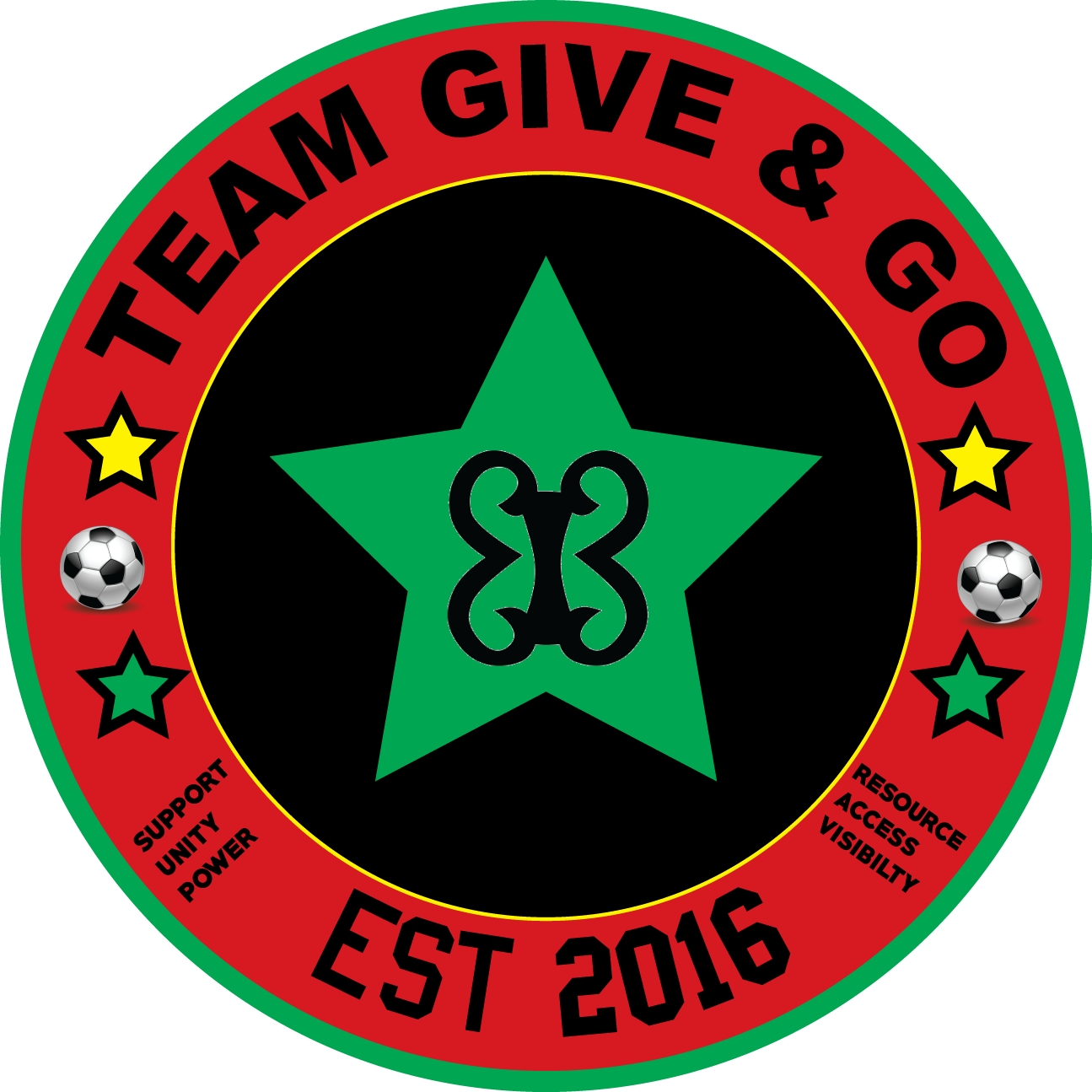It was early December and rather than stressing over holiday plans and unnecessary gifts, our family was stressing over a potential transition from one soccer club with a coach who we basically grew up with to a team and coach we knew very little about. Who would have thought that a decision for an almost 9-year old would be one of the most stressful decisions that we would have to make?
Headaches, neck aches, sleepless nights and grueling hours of discussion are just a few things that took precedence over my life during December. We scheduled family meetings to discuss the transition and the impact that it would have on everyone, we met with other families who were also considering a transition and we even had our daughter develop a pros and cons list on the transition.
We’re not at select age nor are we currently in line for a college scholarship. Insane, right? No, far from it. We are caring, supportive and competitive parents who understand the talent that our daughter has and want to ensure that she receives the best development opportunity to prepare her soccer longevity. Our efforts reinforced the importance of exploring options, identifying the best scenario at that moment in time and making a decision.
It also reinforced something to our daughter. Commitment requires tough decisions, and throughout life, we all have decisions that need to be made and rather than avoid them, we embraced them together as a family.
As you can see from my experience, picking a soccer team can be a challenging decision, that if not considered carefully, can result in wasted time, effort, money and potentially diminished progress. So, I’m going to give you a few things to consider when faced with this decision. Keep in mind that there may be different priorities set on each of the below items, but they should all be explored before final commitment.
1. Are the coaches focused on winning or development? While we all love to win, developing youth at this age definitely takes precedence.
2. The experience of the coaches. While I respect anyone that dedicates their time to the youth, one who has solid experience and have walked the journey themselves are more suitable for teaching.
3. Does the club have a reputation for developing talented young players?
4. Does your child fit into the culture of the team? Similar to starting a new job, during the interview process, we all ask about the culture of the environment. If this is so important to us as adults, why wouldn’t it be important for our kids. Accessing the culture of a team starts with questions such as:
a. What is the philosophy of the coach?
b. Are parents and their kids genuinely happy to be a part of the team, or isthere animosity over playing time?
c. Are parents encouraging on the sidelines or do they put too much pressure on the kids?
d. Are parents and kids willing to interact with each other outside of the soccer field?
e. Are parents teaching their children to be selfish or team players?
f. Do players encourage one another to do their best?
5. Will your child receive adequate touches and play time to further their development? If your child is on a great team but never sees the field, then what good is that doing for your child’s confidence.
6. Does the team have like minded parents and competitive players? Being the best on a team of weaker players won’t help your child’s development, but selecting a team with other good to great players will challenge and push your child to achieve greatness.
7. Parent comradery? In the most simplistic view, do you enjoy the other parents on the sideline with you? Considering that at this age and older, you’re likely to spend a minimum of three days a week with this group.
8. Personal lifestyle impact? What are you giving up to accommodate the transition? Will the transition impact the home front, and if so, how? Happy parents make happy kids.
If you are in the process of deciding on a new team and want to share any insights and / or have any questions for our team, please feel free drop us a note on our “Contact” page.


